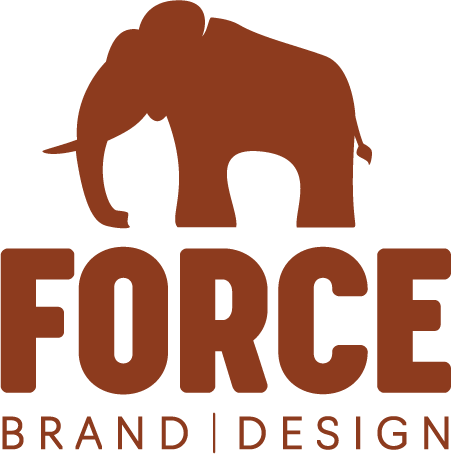FIVE PITFALLS TO AVOID IN CREATING A BRAND—A SUCCESSFUL BRANDING CAMPAIGN TAKES TIME, PREPARATION AND A LOT OF ORIGINAL THINKING
Building a new brand from the ground up isn't easy. But a strong brand is important. To be most effective in your new-business efforts, your brand should project expertise, confidence, professionalism and security. What's more, prospects and clients should experience your brand consistently at all times, from their first encounter as a prospect to their most recent client meeting.
If you have been in your industry for many years and are now revisiting the state of your brand because you realize that it doesn't adequately reflect who you are and what sets you apart from your competition, don't despair. Brands can be relaunched if the job is done right.
Preparation is everything. To grease the wheels a bit, I've identified five common pitfalls in building or rebuilding your brand and how to avoid them.
1. The fast follow. Too often, business managers believe that if they do everything their biggest competitors do, they'll be successful. To be sure, following successful operational practices makes sense, but following another firm's branding or marketing strategies doesn't. Branding is one area where you should stand out.
Consider the branding of Apple Inc. The company's success came not from doing what other computer companies did but from forging its own idiosyncratic path. It took risks, innovated, shocked and surprised the public. Sure, ideas it tries aren't always a success, but many of those ideas have made huge waves.
While, for instance, financial services may not provide the same kind of breeding ground for new products as the computer industry, positioning yourself a little bit differently will set you apart from the competition.
2. Designing for yourself. Your brand should reflect who your firm really is—and yes, you as an owner, are a part of its identity. But when you rely on your personal preferences rather than considering what's most important to your current clients and prospects, you wind up designing a brand for yourself, not one for your organization.
To avoid this trap, you've got to approach things from the perspective of the customers. In fact, you must find out what they think. Use a third-party resource to conduct interviews with your customers or, if you're willing to be quiet and listen, ask them yourself. What do they consider your firm's strongest attributes or characteristics? What, in their minds, sets you apart from other competitive firms? Design a message around these elements, and you will construct a brand that accurately represents what your firm stands for.
3. The speed demon. When approaching many tasks, including marketing and branding, many owners just want to “get it done.” The speed demon tries to move too fast at the beginning of any brand-related program. Without the experience or foresight to understand how crucial foundational decisions will affect every subsequent effort down the line, the speed demon is setting himself or herself up for failure. A branding initiative that is rushed and treated carelessly will produce only substandard results.
To avoid rushing and making a mistake, treat this process with the respect it deserves; it's an easygoing, long-distance run, not a sprint. You will be more efficient and effective later if you spend the time upfront to create clear direction, alignment and consistency.
4. The art director. Since everyone believes they have good taste, it's only natural that business owners feel they can design their online and print materials better than anyone else. Usually, this isn't the case. Hire professionals and then let them do their work. Provide guidance, but don't be the brain and hands to execute the work.
Your job in all of this is to provide the artistic and creative people with all the information about your business they need to know to get the job done. Make sure they understand what you do, how you do it and what differentiates you from others.
5. The passive observer. Once your creative team produces designs, copy and materials, provide clear, specific responses. “It's just not right” or "I'll know it when I see it" are not helpful, and sending the creative team back to do more work without clear direction is inefficient, and a waste of time and money.
To ensure a better result, be direct and decisive about what you want—and what you don't want. The process should be collaborative, but it's your brand, and you want the end product to be an accurate, powerful representation of your firm.
Building a solid brand takes time and attention. Expect a few bumps along the way, but do it well, and your prospects and clients will think they've just arrived at The Four Seasons.
